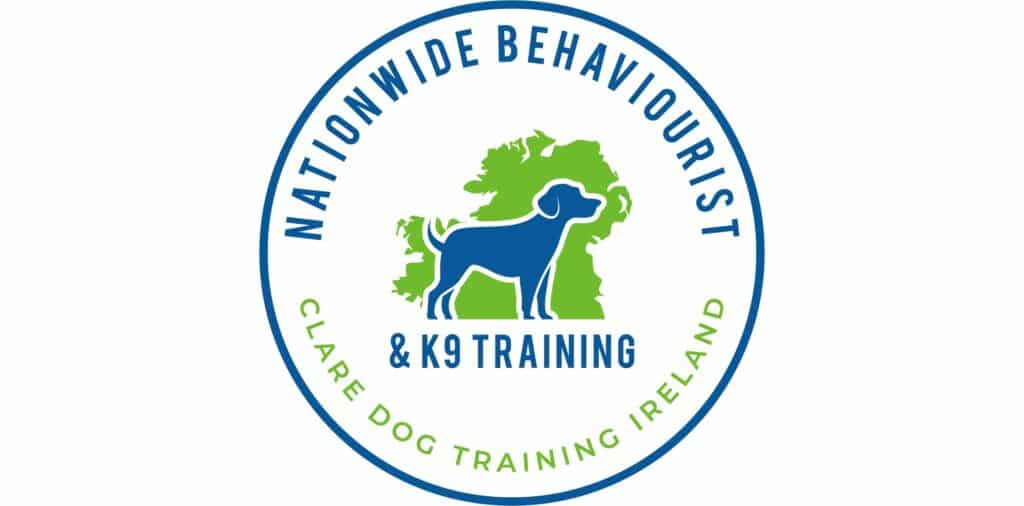What’s the Difference Between a Dog Trainer and a dog behaviour specialist?
The roles of a dog trainer and a dog behaviour specialist, while often overlapping, have distinct focuses and methodologies when it comes to working with dogs.
**Dog Trainer:**
A dog trainer primarily focuses on teaching dogs basic commands, manners, and sometimes more complex tasks or tricks. This training can include obedience training, crate training, leash training, and teaching the dog to perform specific behaviors on command. The goal is to foster better communication between dogs and their owners, ensuring the dogs know how to behave in various situations. Dog trainers work with a wide range of behaviours, mostly those that are trainable through repetition and positive reinforcement.
While a dog trainer might help teach your dog to sit, stay, or come when called, a dog behaviour specialist would be the go-to professional for addressing and correcting deeper, more ingrained behavioural issues. Often, behaviour specialists have advanced education in animal behavior, psychology, or a related field, and they apply a variety of behaviour modification techniques tailored to the individual dog’s issues.
**Dog Behavior Specialist (also known as a Canine Behaviorist or Animal Behaviorist):**
A dog behaviour specialist delves deeper into the psychological aspects of canine behaviour, addressing complex behavioral issues that often stem from anxiety, fear, aggression, or past trauma. They are skilled in understanding and modifying behavior that is problematic or potentially dangerous. Dog behaviour specialists use their knowledge of animal behavior theory, learning theory, and ethology to assess and formulate behaviour modification plans. They often work with cases that require a more nuanced understanding of animal behavior, such as separation anxiety, excessive barking, aggression towards people or other animals, and phobias.
“Earning my Certified Dog Behaviour Consultant designation from the CIDBT was
the most challenging and satisfying accomplishment of my professional life.”
Philip Alain CIDBT GODT MPDTI
Why would someone work with a Certified dog behaviourist practitioner near me?
It’s simple.
You want to work with an educated, experienced specialist who uses the most-up-to date science and humane methods to help you safely, effectively, and ethically change your dogs behaviour.
If your dog is exhibiting the following, get in touch with a certified dog behaviourist,
- aggressive behaviour to people or dogs
- aggressive behaviour to other dogs
- dysfunctional/OCD behaviours
- separation related behaviours
- destructive behaviours in an adult dog
- anxiety, fears and phobias
- resource guarding of food, space, etc.
- dog bites, classified “dangerous dog”
- inappropriate urination, including marking
- self harm such as paw licking or tail biting
Behaviour consultants are pet detectives!
Philip Alain CIDBT GODT MPDTI
